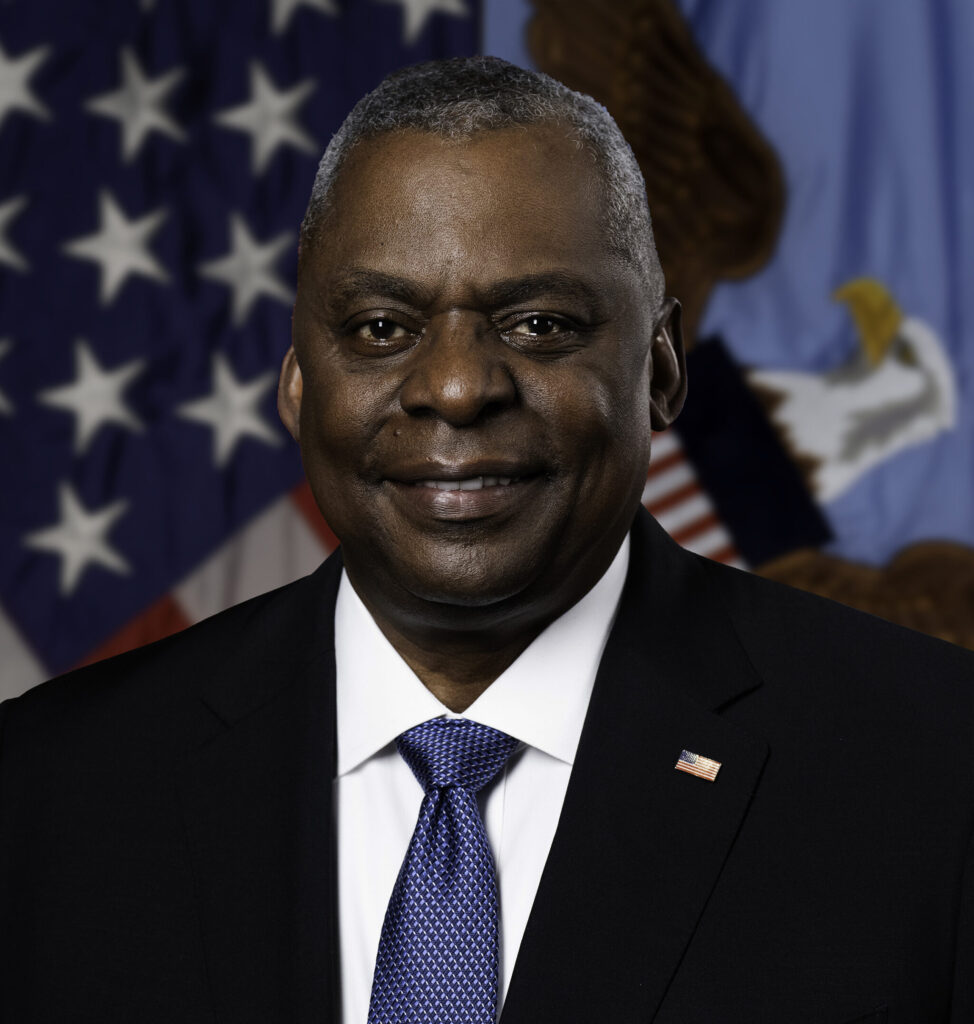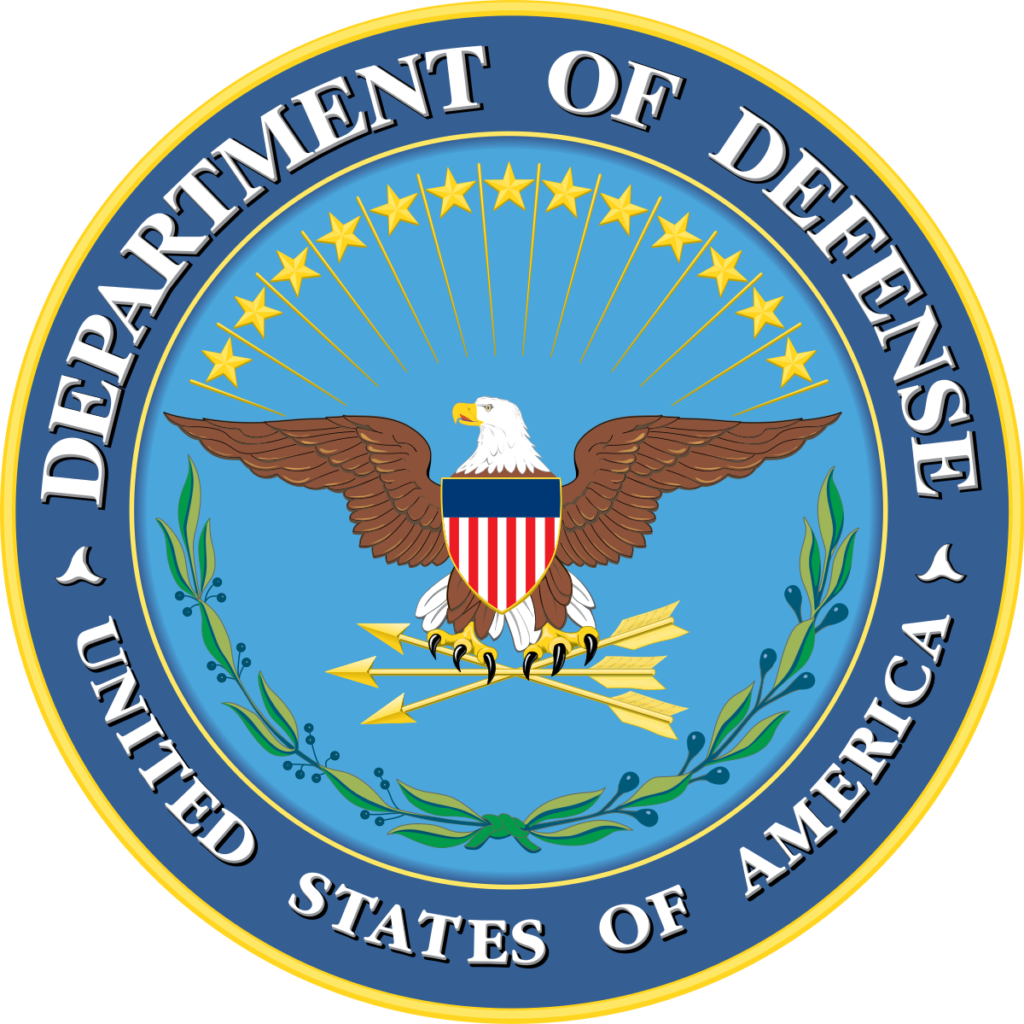


Serves as the head and chief executive officer of the Department of Defense, ensuring civilian control of the military.
Past statements on development, diplomacy, and U.S. global leadership:
On Diplomacy and Development: During his confirmation hearing, General Austin stated that, “as this past decade of conflict has clearly demonstrated, success in our many endeavors will require effective application of the full continuum of our nation’s instruments of power and influence, military as well as economic and diplomatic.”
Of his nominee, President-elect Biden wrote, “we need leaders like Lloyd Austin who understand that our military is only one instrument of our national security. Keeping America strong and secure demands that we draw on all our tools. He and I share a commitment to empowering our diplomats and development experts to lead our foreign policy, using force only as our last resort.”
On the State Department: At the End of Iraq War Ceremony at Joint Base Andrews in 2011, General Austin, who was Commander, U.S. Forces – Iraq at the time said, “success in Iraq cannot be solely defined by the military effort. Our team of diplomats, the fighters that our country has to offer will remain in our thoughts and prayers, as they continue to build upon our strategic relationship with Iraq. Their professionalism and their spirit of teamwork were instrumental in making our interagency efforts so successful. So thank you to all of our State Department comrades who are here with us today.”
On Development: General Austin highlighted the cooperation he has seen in his years of service between the military and development professionals in order to effectively carry out U.S. foreign policy, noting “the effectiveness of these kind of collaborations.”
On Alliances and Coalitions: General Austin said, “In today’s world of compound security threats and gray zone conflicts, alliances and coalitions are the new centers of gravity. They are the sources of power and legitimacy supporting the order of the system as well as the reputational and instrumental power of the United States as the leader. As such, alliances, coalitions, and regional partnerships must be invested in accordingly.”
On Humanitarian Assistance: As U.S. Central Command commander, General Austin worked through a “coalition to help mitigate civilian casualties and to ensure that humanitarian assistance” flowed where it was most needed.